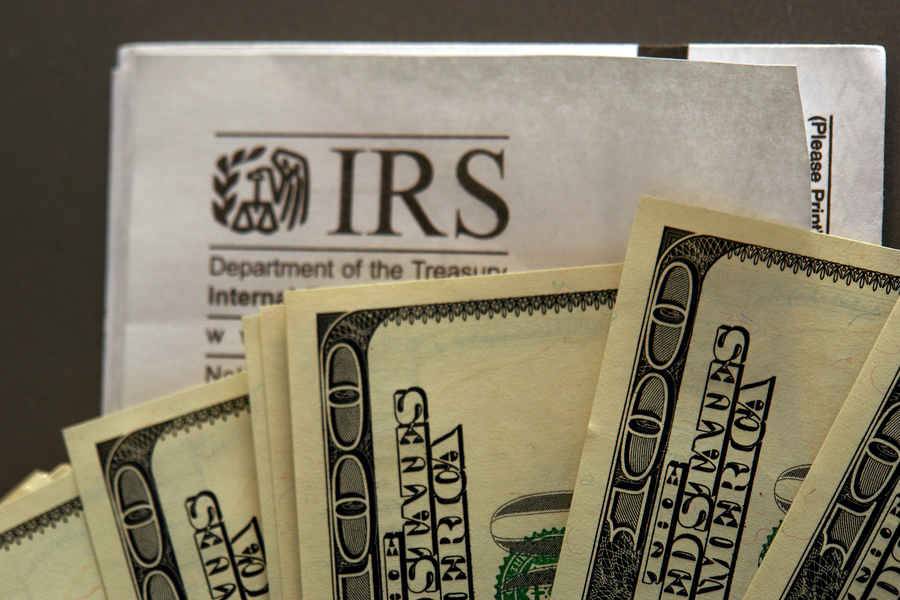
Owing back taxes is not a reason by itself to consider filing bankruptcy. But if you've got a mountain of other debts that you simply can't service, filing bankruptcy may make sense, and attempting to get back tax debts discharged makes even more sense. But not every income tax debt is dischargeable. If not, there are a couple of other options to deal with them. Today we look at income taxes in bankruptcy as well as Offers In Compromise and Installment Plans. The bottom line is that the IRS wants what they believe you owe. Even if you don't like income taxes or feel they're excessive, they are an unfortunate fact of life. And if you can't pay what you owe, you'll soon find out that the IRS can be an unrelenting debt collector. That being said, they are more manageable in many ways than other debt collectors and will work with you when you simply don't have the money to pay.
#1 Installment Payments
If you file your taxes and find you owe a tax bill you can't pay, installments are a great option to deal with your debt. Even if you can't write the IRS a check, you can work out a payment plan. You don't even have to face the intimidating task of talking to an agent – you can apply online and get an instant response. If you are turned down by the automated system, you can call in and talk to an agent and make an argument for why you should be allowed to pay over time. Installment plans are set up for the full amount plus any relevant interest and fees.
#2 Offer in Compromise
If you can't afford to pay all of what you owe, even over time, your next best option is requesting an Offer in Compromise. The IRS may approve you for an OIC if you can prove that you can't afford to pay all of what you owe or that if you are forced to pay, it will create a financial hardship. An OIC allows you to pay just a portion of what you owe based on your income, expenses, equity in assets and assets wholly owned. The IRS will usually accept an OIC that they feel is the absolute maximum they can get out of you based on your ability to pay. You can pay an OIC in a lump sum or over time depending on what the IRS allows.
#3 Bankruptcy
In some cases, bankruptcy can either help you discharge your debt or help you negotiate an OIC or Installment Plan because it demonstrates that you have an inability to pay. There are some limits on income taxes discharged in Chapter 7 or 13. Tax debts that can't be discharged include those for returns you didn't file and that the IRS filed on your behalf, those for returns filed late and within two years of your bankruptcy petition filing and for any taxes you attempted to evade or cheat. This is a complicated area of both tax and bankruptcy law and should be discussed with a reputable North Carolina bankruptcy attorney.
Remember, you should always file your tax returns on time even if you don't have the money to pay the tax bill. This is for two reasons. First, if you don't, the IRS will file a return on your behalf – called a substitute return – and it will be a return that maximizes your taxes, includes only the bare minimum deductions and is not to your advantage in any way. They will also assess a penalty for you failing to file and will begin racking up interest on the high tax bill they created on your behalf.
Second, the IRS will only pursue a back tax debt for 10 years. Even if you can't afford to pay, filing your tax return starts the collection clock ticking. If you can't afford to pay, pursuing one of the options above should help you get out of your predicament, but no matter what, you want to start chipping away at the decade they have to chase you down for those back taxes.
To find out how Chapter 7 or 13 bankruptcy can help you get relief from your debts including past-due income taxes, contact the law offices of John T Orcutt for a free consultation today.
